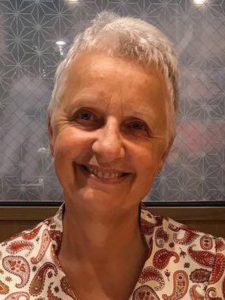We are delighted to announce that Quantum effects in complex systems will be held in Coventry, United Kingdom on 11 – 13 September 2019.
Nuclear quantum effects such as zero-point energy conservation, tunneling, non-adiabaticity and coherence play an important role in many complex chemical systems of technological and biological importance. Zero-point energy differences are key to understanding the experimentally-observed differences in the thermodynamic properties of normal and heavy water, while both theoretical and experimental work has highlighted the role of quantum tunnelling in enzyme-catalyzed hydrogen transfer reactions. Photochemical reactions, involving multiple potential energy surfaces, are implicitly quantum-mechanical in nature, while recent spectroscopic investigations are providing new insight into the role of quantum coherence in the efficient energy transfer processes observed in photosynthetic centers.
The challenge of understanding nuclear quantum effects in complex, many-particle systems has in recent years led to rapid growth in the development of new theoretical and experimental tools aimed at providing an atomic-level view of quantum effects. New simulation methods, such as centroid molecular dynamics, ring-polymer molecular dynamics and the linearized semi-classical initial value representation provide computationally-efficient routes to calculating quantum-dynamical properties in complex systems, while new experimental methods such as time-resolved 2-dimensional spectroscopy provide increasingly sophisticated insights into the subtle role of quantum coherence in system sizes that reach into the realms of biological complexes and conjugated polymers.
These coupled developments in both theory and experiment will undoubtedly lead to new insights into chemical processes in which quantum effects play an important role, including:
- Biological and artificial photosynthesis
- Hydrogen storage materials
- Proton transfer in fuel cell materials
- Animal magnetoreception
- Tunnelling in enzyme-catalyzed reactions
- Chemical reactivity at low temperatures
- Electron transport in organic polymers
Given the rapid rate of development and broad application domains, the principal aim of this Faraday Discussion is to provide a snapshot of the current theoretical and experimental state-of-the-art in methods designed to interrogate and rationalize the role of quantum-mechanical effects in complex systems; simultaneously, this meeting will act as a new forum to discuss ideas which span the experimental/theoretical domains.
For more information, please visit the event web page.
Submit an oral/paper abstract by 3 December 2018! The poster abstract deadline is 1 July 2019.











